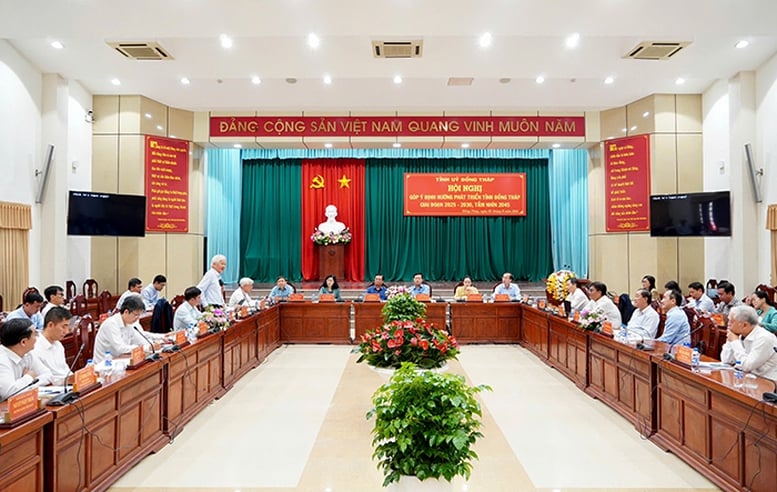
Delegates proposed a strategy to develop Dong Thap into an "agricultural processing center" of the Mekong Delta - Photo: VGP/LS
From infrastructure to people, creating sustainable institutions
On August 1, Dong Thap Provincial Party Committee held a conference to collect comments from leaders, experts, and scientists on the draft documents to be submitted to the 1st Provincial Party Congress, term 2025-2030. Attending the conference were Vice Chairman of the National Assembly Le Minh Hoan, Director of Ho Chi Minh City National University Vu Hai Quan, key leaders of Dong Thap province, experts, and scientists inside and outside the province.
Sharing at the conference, experts and scientists highly appreciated the careful and elaborate preparation of the documents submitted to the congress.
Giving comments on the development orientation of Dong Thap in the period of 2025-2030, with a vision to 2045, Prof. Dr. Mai Thanh Phong, President of Ho Chi Minh City University of Technology, said: After the merger, Dong Thap is still a province with strengths in agricultural development, therefore, the province needs to focus on agricultural production on an industrial scale, developing modern, high-tech ecological agriculture, associated with processing industry, value chains and export markets.
Director of Ho Chi Minh City National University Vu Hai Quan suggested that the province needs to have a strategy to attract high-quality human resources; develop industry in a modern and sustainable direction, becoming a driving force for the province's economic development, in which priority is given to attracting investment projects using advanced, environmentally friendly technology, creating high added value; focusing on applying science and technology and promoting digital transformation in priority sectors and fields; improving the leadership and management capacity of agencies in the political system, governance efficiency, and state management effectiveness in all fields.
Associate Professor, Dr. Tran Le Quang, Ho Chi Minh City University of Science, recommends that Dong Thap needs three strategic breakthroughs in the coming period, which are high-tech agricultural economy and deep processing, including developing Dong Thap into the "Agricultural Processing Center" of the Mekong Delta; developing Dong Thap into a logistics and logistics service center of the sub-region; and comprehensive digital transformation in management.
In addition, experts and scientists also proposed to focus investment resources, mobilize maximum capital from economic sectors to develop a synchronous, modern transport infrastructure system that adapts to climate change; open up regional and intra-provincial connections to attract strategic investors, create momentum for socio-economic development; promote circular production models, adapt to climate change, increase productivity and value, form concentrated raw material areas; link the development of the province with key economic axes and regions.
Along with that, create an institution of connection covering the province, regions and areas; turn agriculture into an agricultural economy, restructure agriculture towards green, modern, sustainable, multi-value, deep processing associated with traceability; strengthen solutions to warn and adapt to climate change; create an innovative ecosystem; promote the province's strengths in education and training, aiming to become a center for training human resources in the region and the whole country...
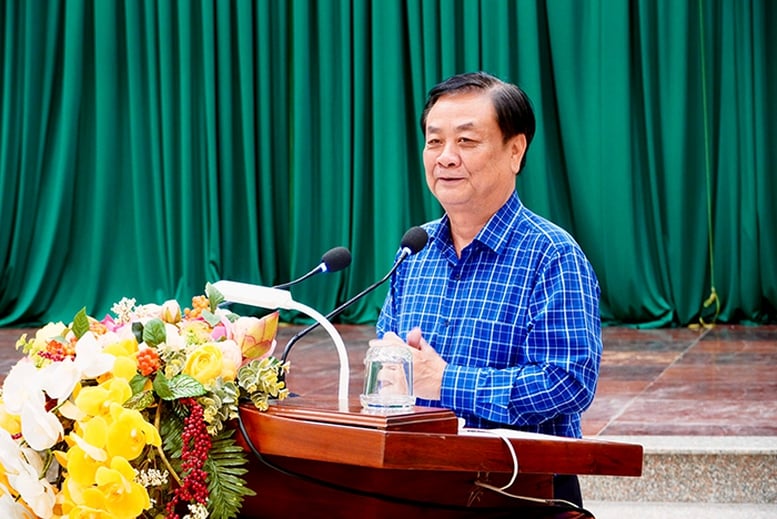
Vice Chairman of the National Assembly Le Minh Hoan: Multi-sectoral, interdisciplinary, and cross-sectoral thinking needs to permeate every policy, every project, and every activity of governments at all levels - Photo: VGP/LS
Promoting new flows and new thinking in the minds of Dong Thap people
Speaking at the Conference, Vice Chairman of the National Assembly Le Minh Hoan not only shared his vision for a sustainable future, but also inspired a development approach that comes from the people, from culture, and from the original values of the river region.
He affirmed that people are the center of all development strategies, Dong Thap province needs to preserve and promote cultural values, the qualities of "loyalty and creativity" of the people in the river region. From there, build human resources with enough capacity to adapt to new requirements. Tien River and Dong Thap Muoi are identified as two core development spaces, which need to be exploited in a multi-layered value direction combining livelihood, transportation, culture, ecology and sustainable tourism.
“It is impossible to develop agriculture, industry, and services with a purely sectoral mindset like before,” Mr. Le Minh Hoan affirmed. Dong Thap must create an integrated economic ecosystem: Agriculture-technology-tourism-culture-education.
Multi-sectoral, interdisciplinary, and transdisciplinary thinking needs to permeate every policy, every project, and every activity of governments at all levels. Economy is not just about money, but the resonance between cultural capital, social capital, and community knowledge. It is a journey from a commodity economy to a processing economy, a service economy, and an experience economy - increasingly higher levels of value.
The Vice Chairman of the National Assembly stated that rural space is the place where new values originate. Dong Thap needs to promote the establishment of the Center for Rural Innovation and Entrepreneurship - a place where guilds, cooperatives, small and medium enterprises, and young entrepreneurs gather to create an ecosystem of agricultural innovation and creativity.
Accordingly, digital transformation is no longer a slogan. We need e-commerce platforms suitable for farmers, AI applications in agriculture, popularizing STEM education in rural areas, and building an agricultural data bank so that each commune is a “smart link” in the digital value chain.
Referring to new spaces and new thinking for urban and rural development together, Vice Chairman Le Minh Hoan made comparisons: Cao Lanh - from lotus town to urban area, Sa Dec - brilliant flower village, My Tho - gateway to the West, Go Cong - river and sea intersection... All will blend into a new Dong Thap spatial planning: both respecting identity and promoting connection and integration.
In rural areas, planning for towns, residential areas along rivers, seas, and ecological islands needs to be placed in a harmonious overall system of production-living-services. Each space is a flexible, creative, natural, and community-oriented design.
Emphasizing the activities of the two-level government, Mr. Le Minh Hoan said that the reform policy should come from the grassroots. Because the consolidation of administrative units is not only to streamline the apparatus, but also to bring the government closer to the people and closer to reality. The commune and ward governments are now not only the executive level, but must be the creative level, the origin of policies suitable for life. District and provincial officials who are brought to the communes need to be trained in skills, thinking, and tools to adapt and lead.
Accordingly, it is necessary to promote bottom-up thinking, grassroots initiatives, and put trust in the people closest to the people, which is the focus of an effective two-level government model.
Orienting the vision to 2045, a pioneering flow of a new Dong Thap is needed, from local thinking to regional thinking, from pure agriculture to green knowledge economy, Dong Thap has been gradually forming a new development model. With the Mekong Startup Forum, "technology fields", "smart villages", "technology breeding areas" will no longer be fiction. The Tien Giang River constantly flows with the desire for innovation and reaching out to the world, which has also become a new flow in the minds of Dong Thap people.
Le Son
Source: https://baochinhphu.vn/dong-thap-2045-kien-tao-mo-hinh-phat-trien-tu-long-dan-va-tri-thuc-10225080118282946.htm


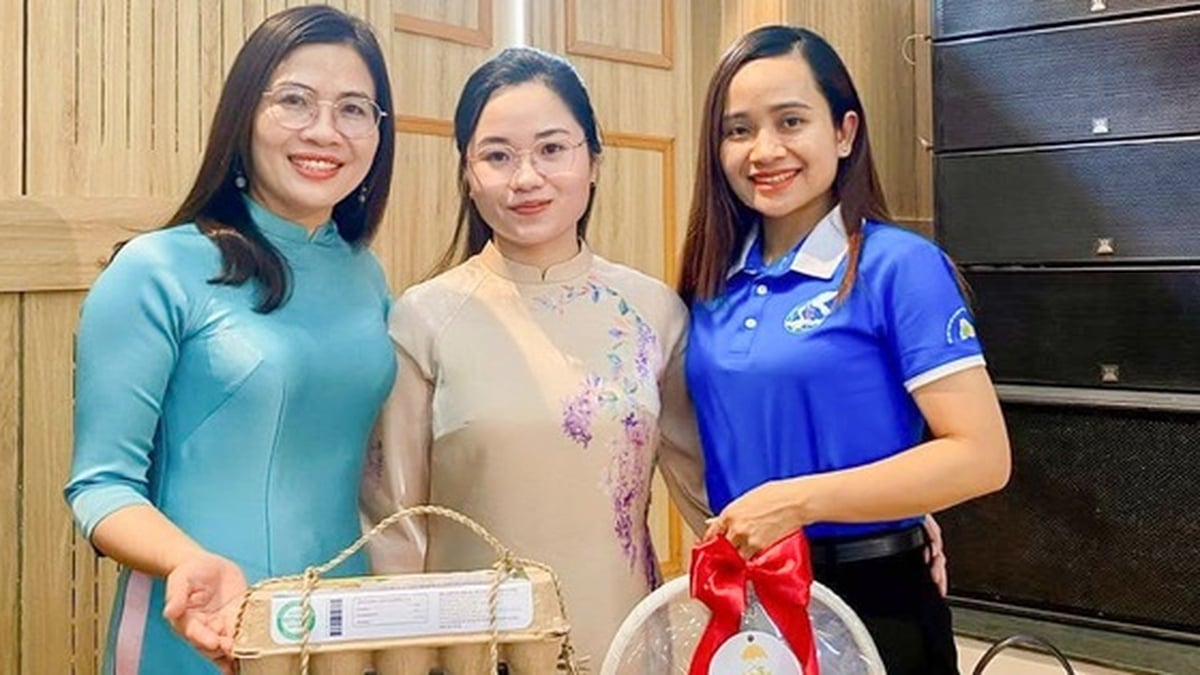

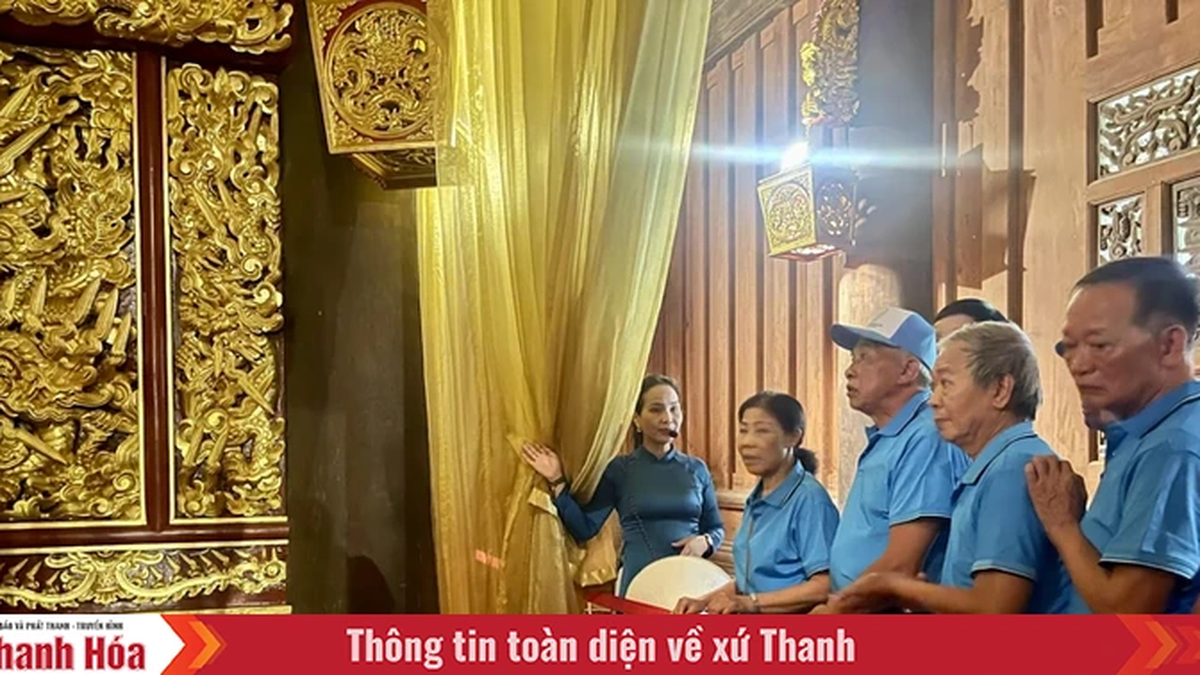
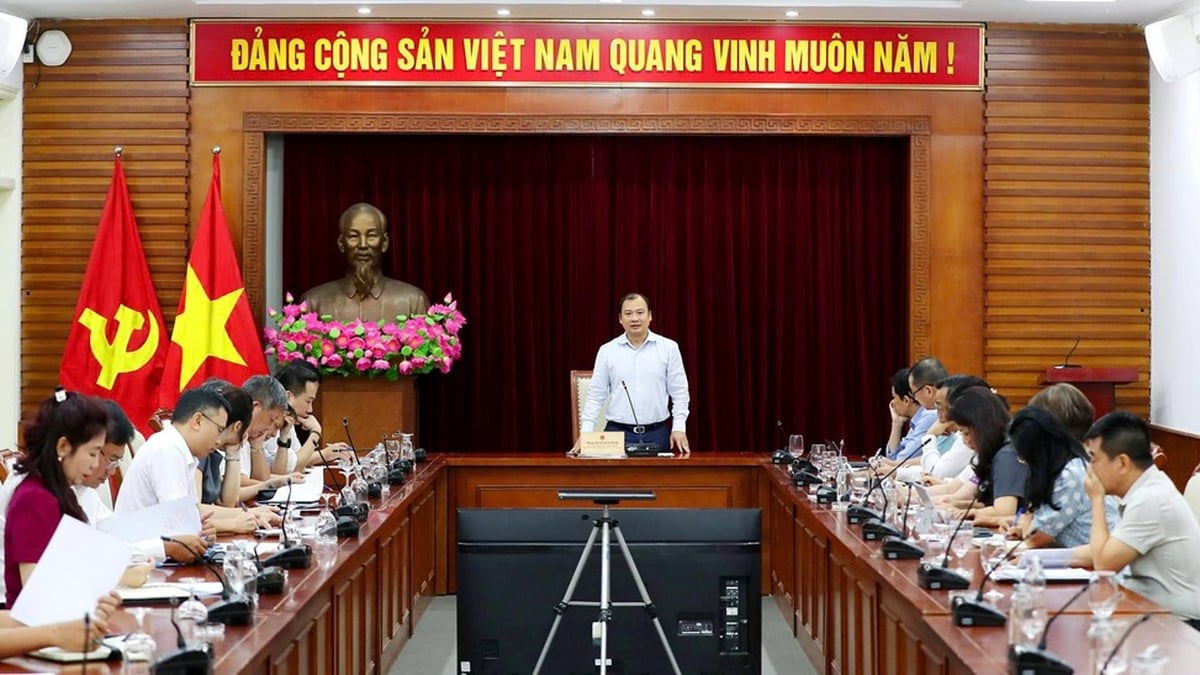
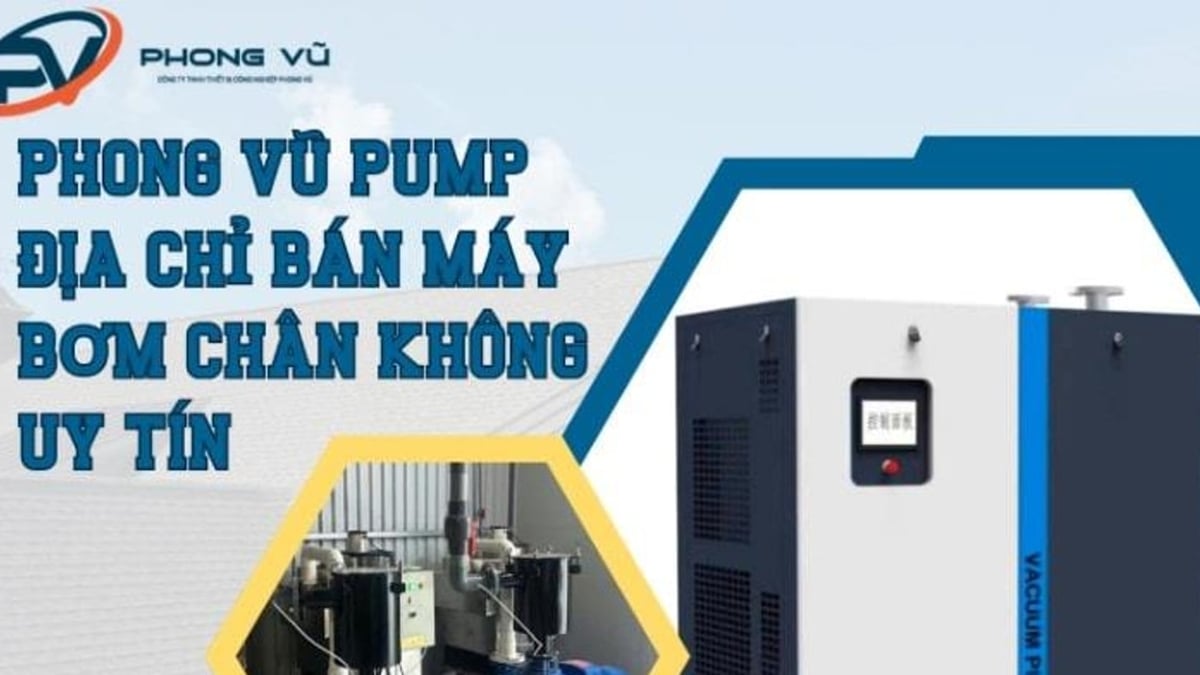
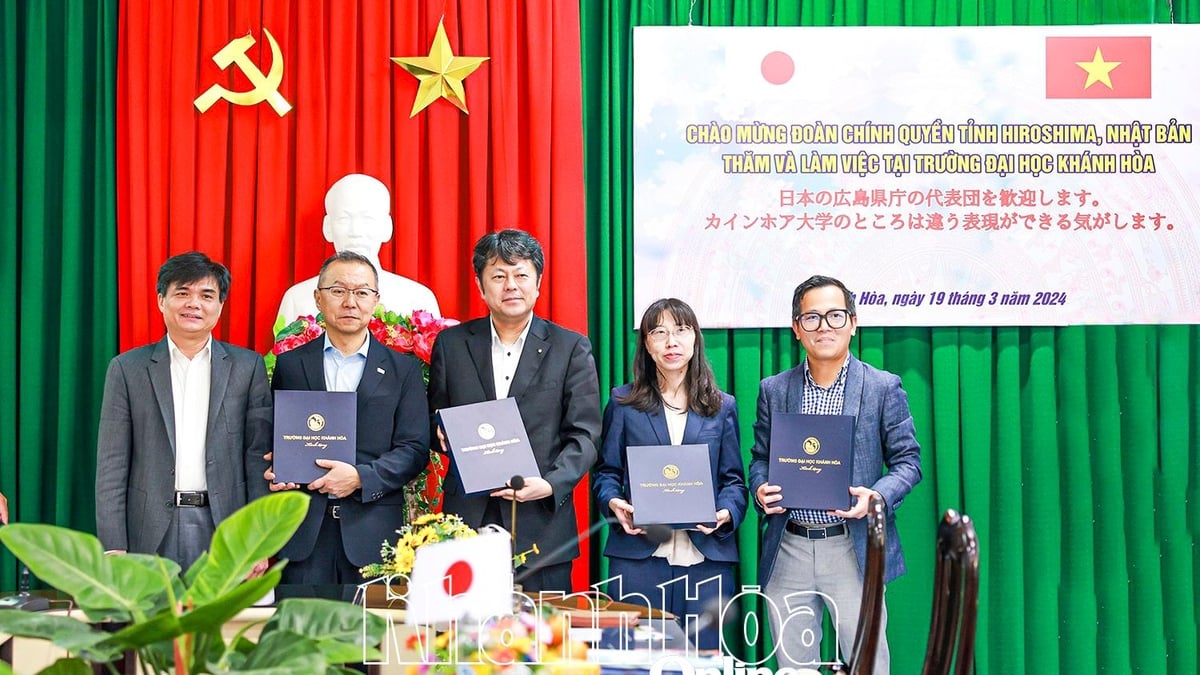
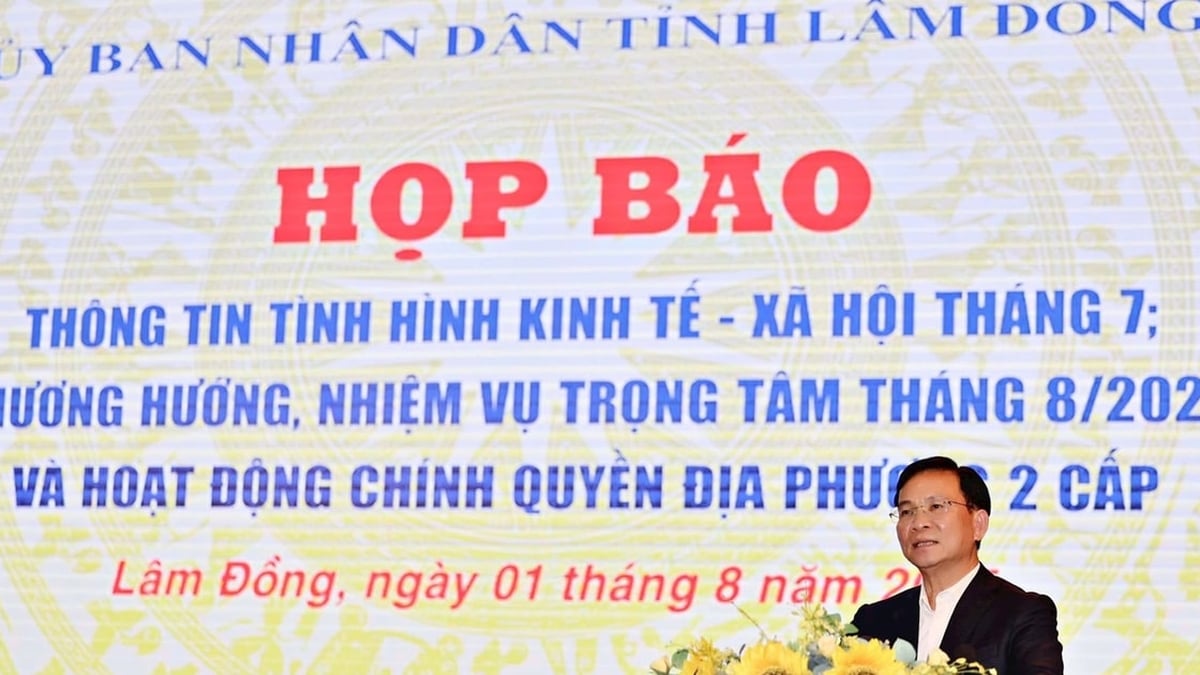
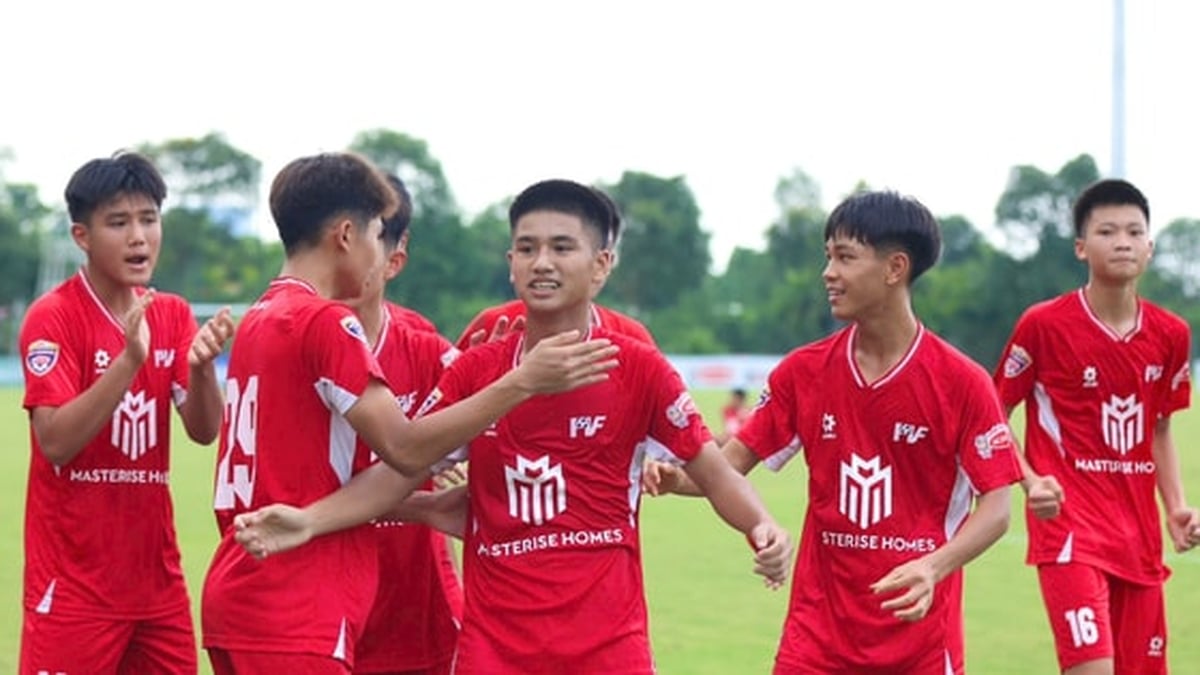
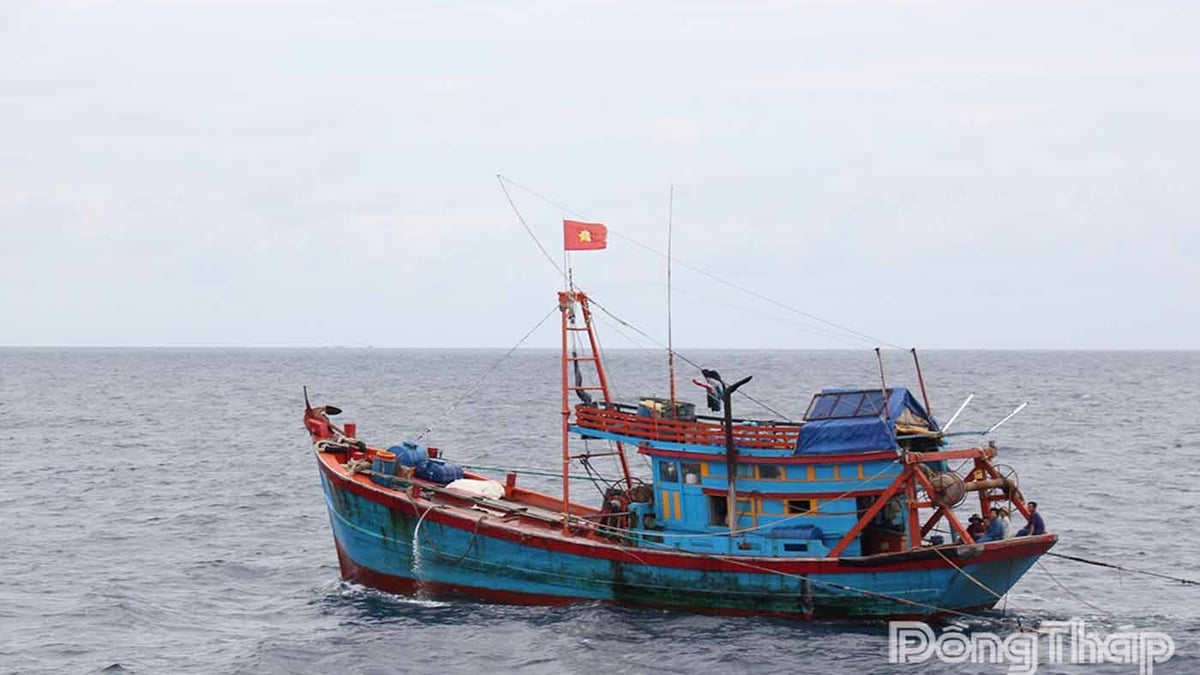
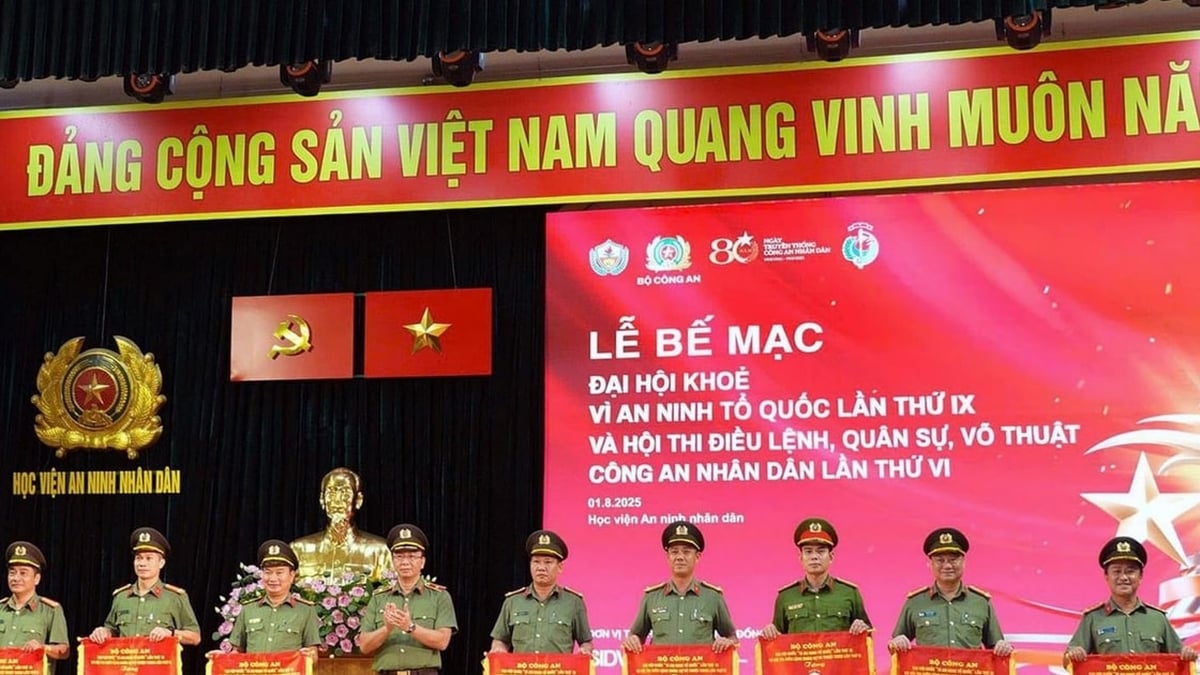




























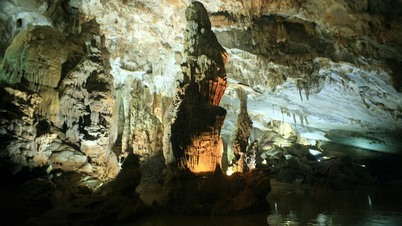

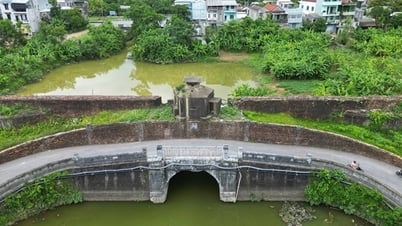











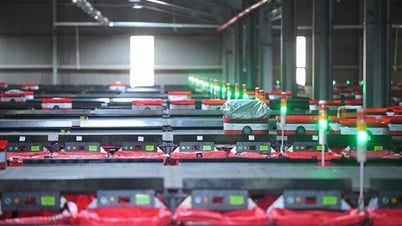

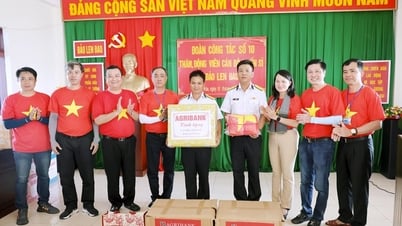

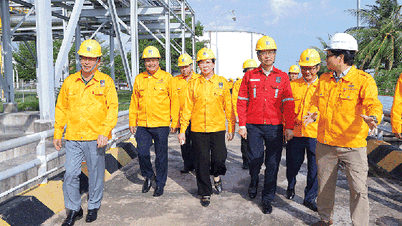
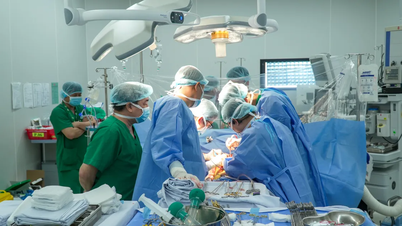



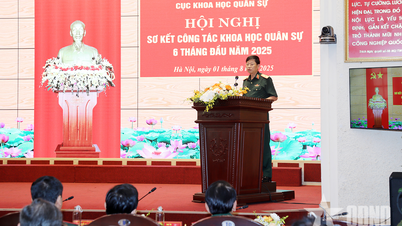
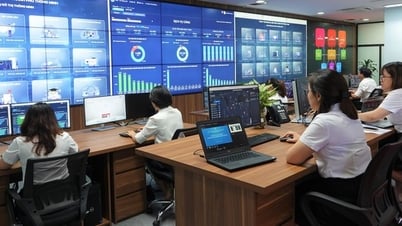
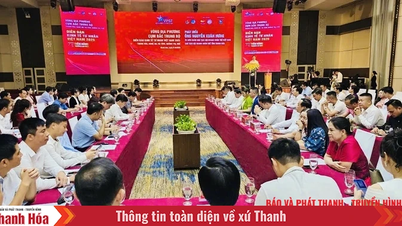

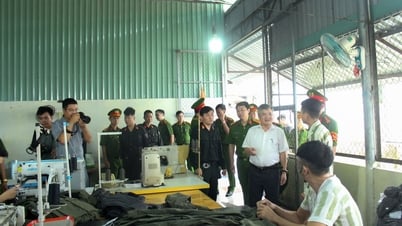

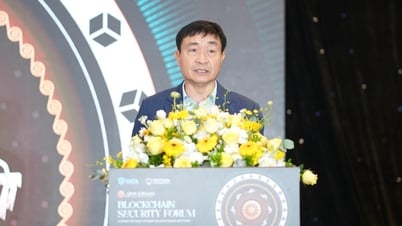
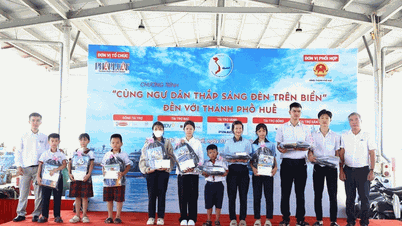






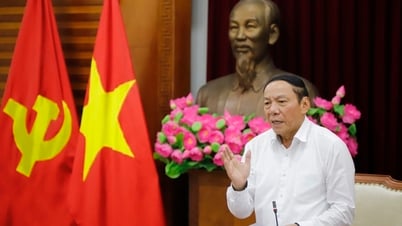
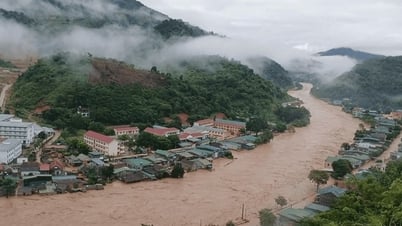























Comment (0)